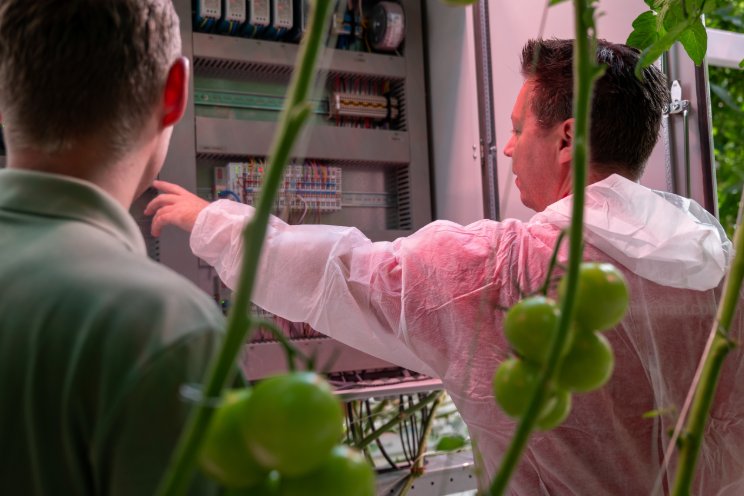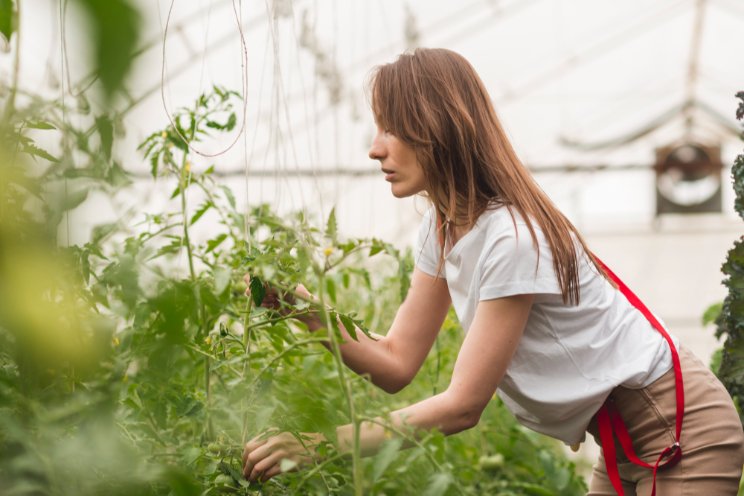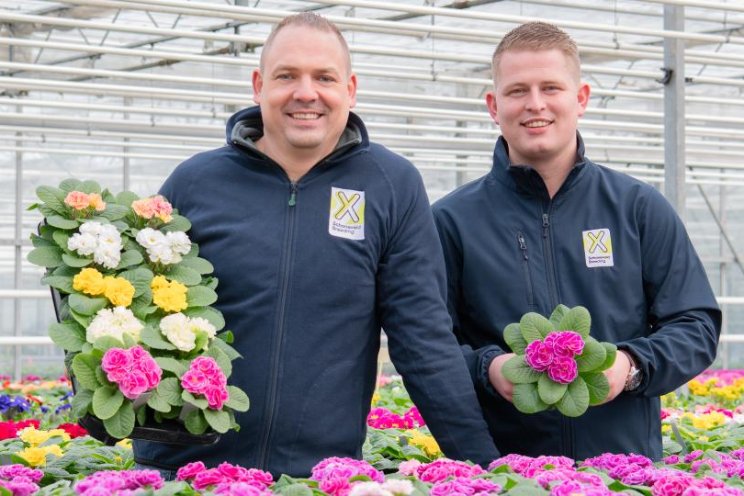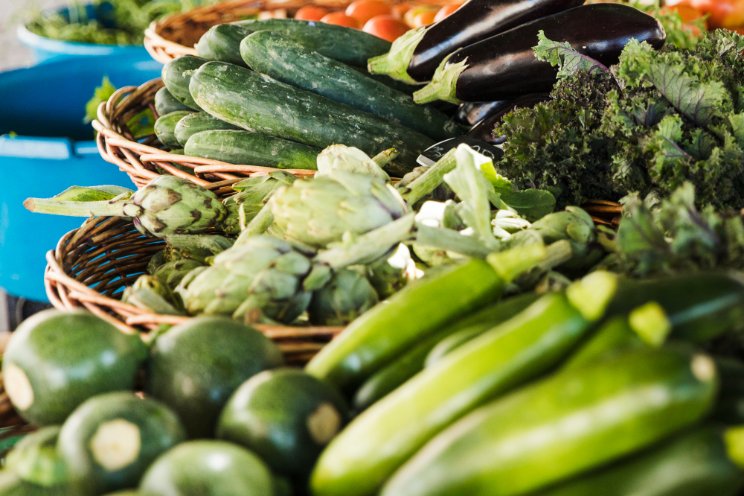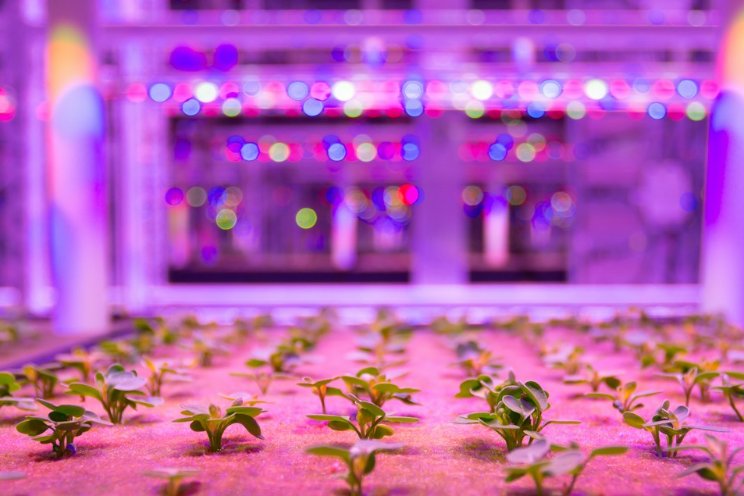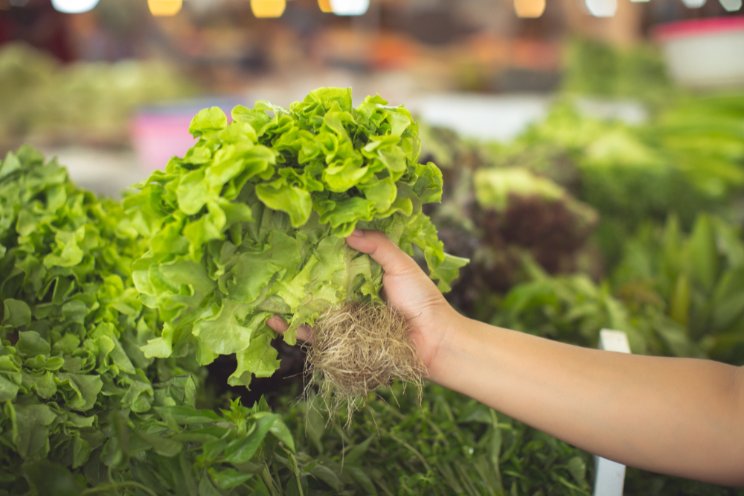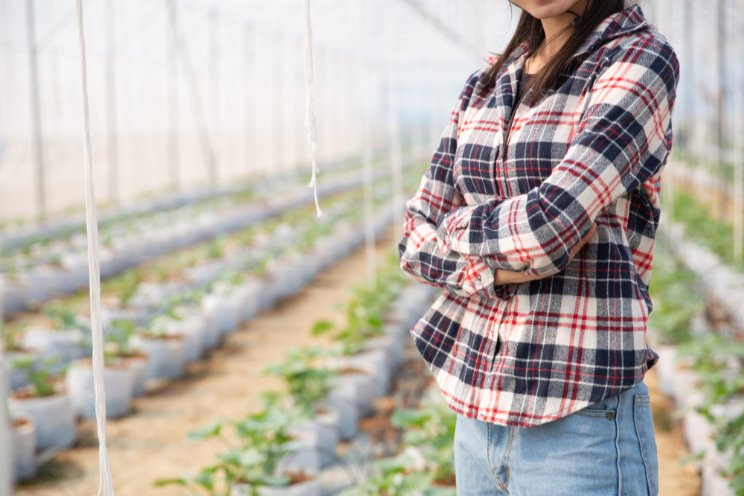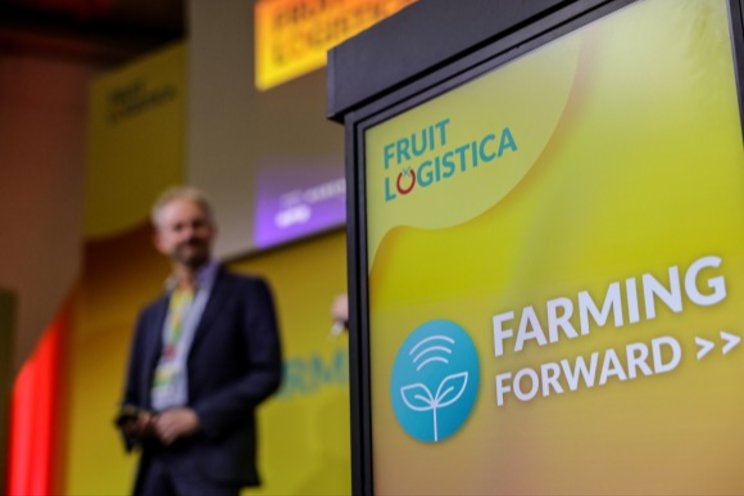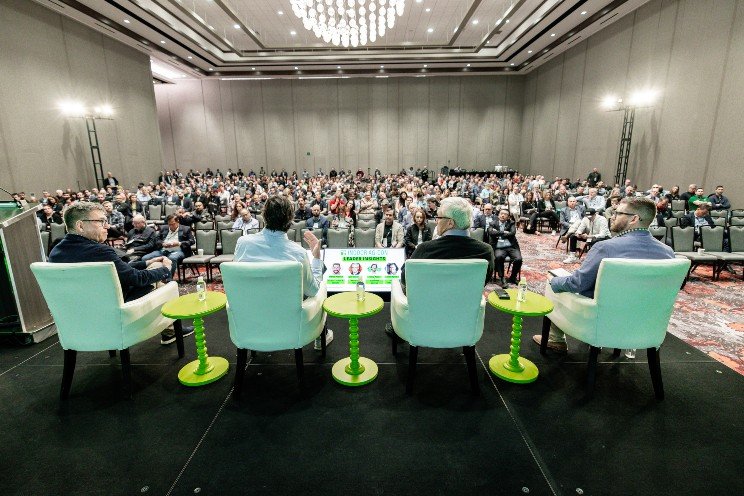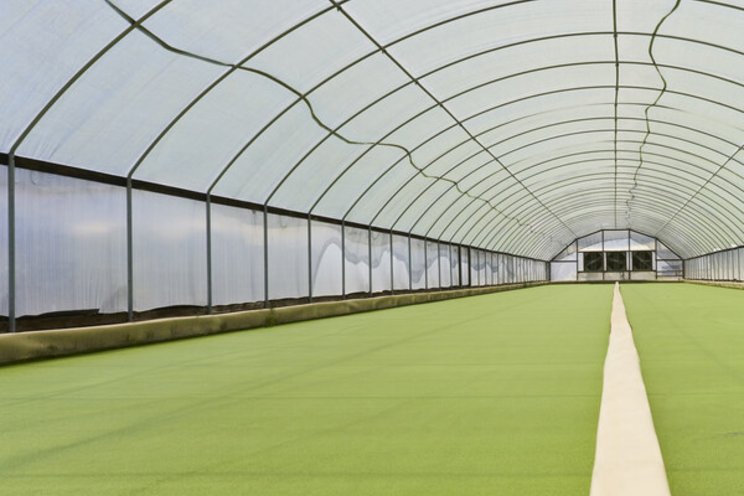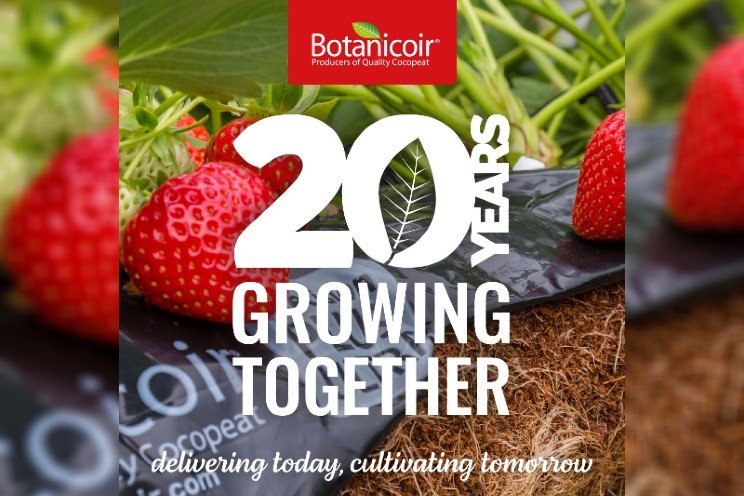3rd generation farmer shares his thoughts
Added on 14 April 2022
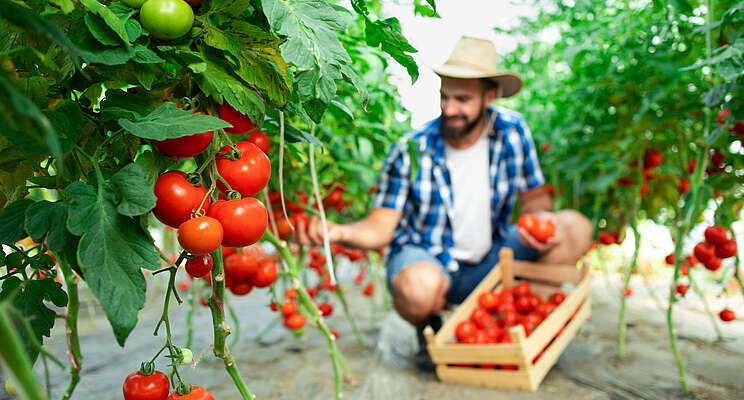
Urban Ag News is extremely grateful that Michael Del Ciancio of DC Farms based in Ruthven Ontario, Canada, has agreed to discuss his thoughts on new ag-tech trends with us. A third- generation farmer, Michael grew up working on the family fruit and vegetable farm with his father and grandfather. After completing his Bachelor's degree in Horticulture at University of Guelph, Mike went on to work in music marketing for a brief period managing a metal band in the Toronto area. Eventually Michael returned home to put his wide array of skills to use at DC Farms.
DC Farms is still a family-owned business that has been operated by Ernie and Mary Del Ciancio since 1972. Originally founded as a 22-acre fruit and vegetable farm, DC Farms converted to greenhouse Roma tomato production in 1995. In 2012, DC Farms introduced mini cucumbers in addition to the Roma tomatoes. In 2020, DC Farms switched from mini cucumbers to mini eggplant; still growing the Roma tomatoes. All of DC Farms products are sold and marketed by Mucci Farms.
We feel his experiences, the experiences of his family and the size of his marketing partners puts Michael in a very uniquely qualified position to share his thoughts and ideas around how ag-tech will change the shape of the industry going forward.
Chris Higgins (CH): The controlled environment agriculture industry (which includes greenhouse production and vertical farming) has been receiving a lot of attention over the past few years. The industry is being positioned to lead the next major tech revolution in agriculture. As a multi-generational, family-run commercial greenhouse grower, what areas do you see controlled environment agriculture having the biggest impact? And what do you think needs to happen before those changes can occur?
Michael Del Ciancio (MDC): Agriculture has definitely shifted over the years. Traditional field farming is obviously still a necessary option, and will always have a place on peoples' plates. However, a shift to other forms of food production is necessary as society shifts with the times. For a few brief years in my early 20s I lived in Toronto, which is Canada's biggest city. Now I go back maybe once every few years for concerts and to visit friends. Every time I drive in on the highway, I'm in shock at how much it has changed, how many massive skyscrapers have populated the downtown core, and I wonder who is living in all these buildings.
Continue reading.
Photo created by aleksandarlittlewolf - www.freepik.com
Source: Urban Ag News
More news
